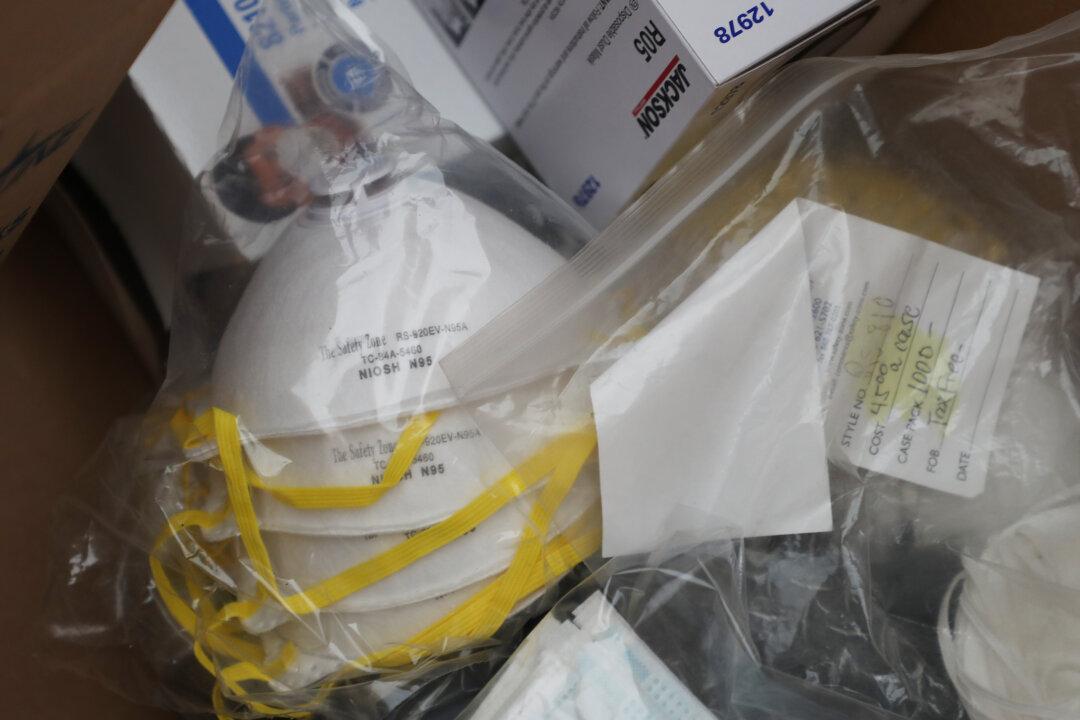The N95 respirator masks that health care workers need to protect themselves while treating CCP virus patients are in dangerously short supply.
So much so that physicians are wearing used respirators, risking infection to care for patients.

The N95 respirator masks that health care workers need to protect themselves while treating CCP virus patients are in dangerously short supply.
So much so that physicians are wearing used respirators, risking infection to care for patients.